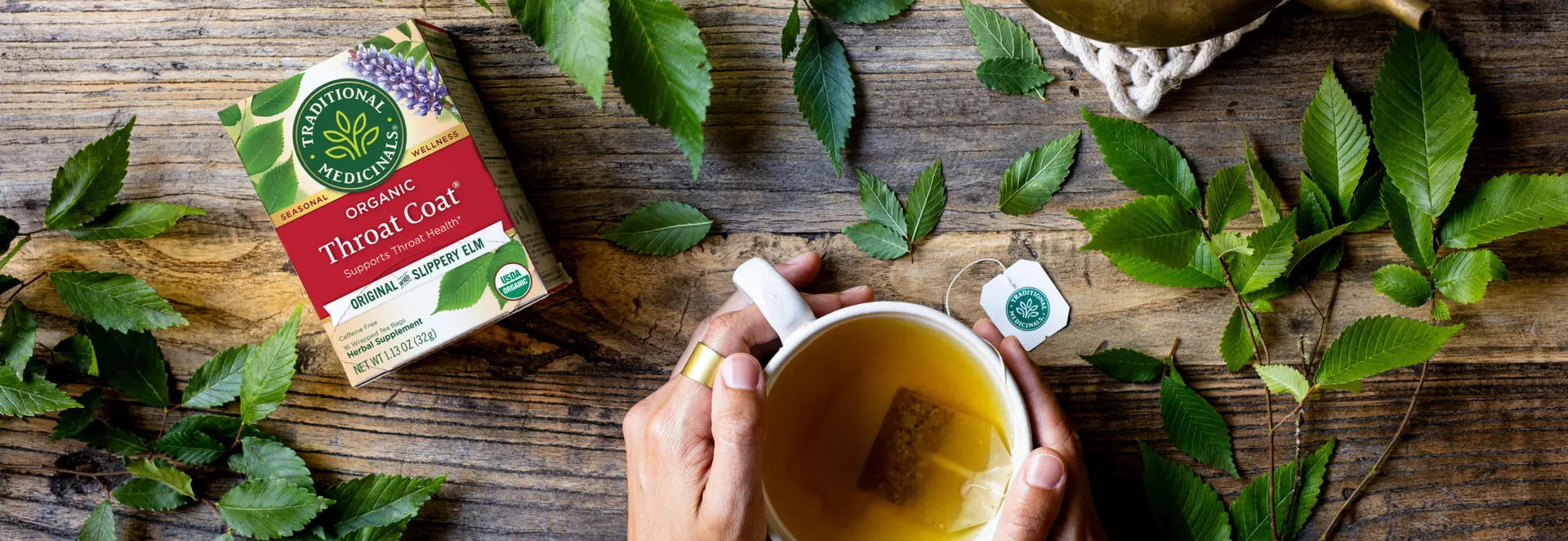Herbal Teas: Traditional Blends for Better Health
Herbal teas have been a staple in traditional medicine for centuries, valued for their natural healing properties and soothing effects. These caffeine-free beverages are made from a variety of herbs, flowers, roots, and spices, offering a delightful way to improve health and well-being.
From calming chamomile to invigorating ginger, herbal teas cater to a wide range of health needs. In this article, we delve into the world of traditional herbal tea blends and how they promote better health.
A Brief History of Herbal Teas
Herbal teas have roots in ancient cultures, where they were used as natural remedies:
- China: Herbal teas were integral to traditional Chinese medicine, addressing ailments like colds and digestive issues.
- Egypt: The Egyptians brewed teas from chamomile and peppermint for their healing properties.
- India: Ayurveda incorporates herbal infusions to balance the body’s doshas and enhance overall health.
Popular Traditional Herbal Tea Blends and Their Benefits
1. Chamomile Tea
- Benefits: Known for its calming properties, chamomile tea helps reduce stress, improve sleep, and soothe digestion.
- Traditional Use: Chamomile was used in European herbal medicine to treat insomnia and anxiety.
2. Peppermint Tea
- Benefits: Peppermint tea aids digestion, relieves headaches, and freshens breath.
- Traditional Use: Used in ancient Greece and Rome for digestive health and as a natural energizer.
3. Ginger Tea
- Benefits: A powerhouse for fighting nausea, reducing inflammation, and boosting immunity.
- Traditional Use: Ginger tea has been a cornerstone in Ayurveda and Chinese medicine for digestive and respiratory issues.

4. Hibiscus Tea
- Benefits: Known for lowering blood pressure, hibiscus tea is also rich in antioxidants.
- Traditional Use: Popular in African and Middle Eastern cultures as a cooling drink and heart health tonic.
5. Rooibos Tea
- Benefits: Native to South Africa, rooibos tea is caffeine-free and packed with antioxidants, supporting heart health and skin vitality.
- Traditional Use: Used by indigenous South African tribes for its medicinal properties.
6. Turmeric Tea
- Benefits: A potent anti-inflammatory tea that supports joint health and boosts immunity.
- Traditional Use: Turmeric tea is a staple in Indian Ayurvedic practices for treating inflammation and boosting overall health.
7. Dandelion Tea
- Benefits: Acts as a natural detoxifier, supporting liver health and aiding digestion.
- Traditional Use: Used in European folk medicine as a diuretic and liver tonic.
8. Lavender Tea
- Benefits: Promotes relaxation, reduces anxiety, and alleviates headaches.
- Traditional Use: Lavender tea was used in Roman times for calming the mind and improving sleep quality.
How Herbal Teas Promote Better Health
1. Boosting Immunity
Many herbal teas, such as ginger, turmeric, and echinacea, contain compounds that strengthen the immune system.
- Example: Ginger tea is rich in antioxidants and anti-inflammatory properties, protecting the body from infections.
2. Enhancing Digestion
Herbal teas like peppermint and fennel are natural remedies for bloating, gas, and indigestion.
- Peppermint Tea: Relaxes the digestive muscles and reduces discomfort.
- Fennel Tea: Stimulates digestive enzymes, promoting better nutrient absorption.
3. Stress Relief and Mental Health
Certain herbal teas are adaptogens, helping the body cope with stress and improve mental clarity.
- Chamomile and Lavender Teas: Excellent for reducing anxiety and improving sleep quality.
- Lemon Balm Tea: Enhances mood and reduces stress.
4. Detoxifying the Body
Herbal teas like dandelion and nettle are renowned for their detoxifying effects.
- Dandelion Tea: Supports liver health by flushing out toxins.
- Nettle Tea: Acts as a diuretic, helping the body eliminate excess fluids.
5. Supporting Cardiovascular Health
Teas like hibiscus and rooibos are rich in antioxidants that promote heart health.
- Hibiscus Tea: Helps lower blood pressure naturally.
- Rooibos Tea: Improves cholesterol levels and reduces inflammation.
How to Brew Herbal Teas for Maximum Benefits
1. Use Fresh Ingredients
Whenever possible, use fresh herbs, roots, and flowers to enhance flavor and potency.
2. Correct Water Temperature
Different herbs require specific water temperatures for optimal extraction:
- Delicate flowers (e.g., chamomile): Use slightly cooled boiling water.
- Harder roots (e.g., ginger): Use boiling water for full flavor and benefits.
3. Steeping Time
- General Rule: Steep herbal teas for 5–10 minutes to allow the flavors and benefits to infuse.
Incorporating Herbal Teas into Your Daily Routine
Herbal teas are versatile and easy to enjoy at any time of the day.
- Morning: Start your day with energizing ginger or turmeric tea.
- Afternoon: Refresh yourself with a cooling cup of peppermint or hibiscus tea.
- Evening: Unwind with calming chamomile or lavender tea before bed.
Precautions When Using Herbal Teas
While herbal teas are generally safe, some precautions are necessary:
- Allergies: Check for potential allergies to specific herbs.
- Pregnancy and Medication: Consult with a healthcare provider if you’re pregnant or taking medication.
- Moderation: Avoid overconsumption, as excessive intake may lead to adverse effects.
Conclusion
Herbal teas are more than just a soothing beverage—they are a gateway to better health. Rooted in traditional medicine, these blends offer natural solutions for immunity, stress relief, digestion, and more.
By incorporating herbal teas into your daily routine, you can experience their time-tested benefits while savoring their delightful flavors. Whether it’s the calming effect of chamomile or the detoxifying power of dandelion, there’s a herbal tea for everyone. Explore these natural remedies and embark on a journey to improved well-being.



